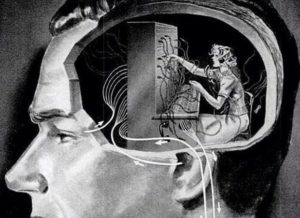 I’m always amazed when clients really turn things around. Or perhaps I’m more amazed when they don’t turn things around. Regardless, it is undeniable that success breeds success. When she gains that confidence reading, so many other things fall into place. When he finally develops a working system of how to keep track of papers going back and forth from home to school, teachers notice, parents notice, and grades reflect it.
I’m always amazed when clients really turn things around. Or perhaps I’m more amazed when they don’t turn things around. Regardless, it is undeniable that success breeds success. When she gains that confidence reading, so many other things fall into place. When he finally develops a working system of how to keep track of papers going back and forth from home to school, teachers notice, parents notice, and grades reflect it.
Why do some people learn from experiences both in session and in the classroom, and others keep hitting their heads against the wall? Clearly, this is a multifactorial answer, with contributions from past experiences around learning, support at home and at school, neurocognitive differences, psychological temperament, and supportive friendships. A recent article suggests hereditary contributions to the conundrum:
The study helps tease apart individual differences in our “confirmation bias” or tendency to say, “I thought so.” I like the neuropsychological localization of the findings: implicated are the striatum, a subcortical structure, as well as the antagonizing role of the prefrontal cortex. There are also neurochemical differences noted in dopamine, as well as possibilities of genetic markers in the Val/Val gene vs the Met allele. I am really encouraged that neuroscience is developing as a field to speak to these individual differences in experience.
Continue reading at ScientificAmerican.comRefuse to learn from experience? Thank your genes.
New findings suggests that a person’s willingness to coolly consider the facts gleaned from their own experience—apart from others’ previous verbal suggestions—might be based in large part on genetics.
